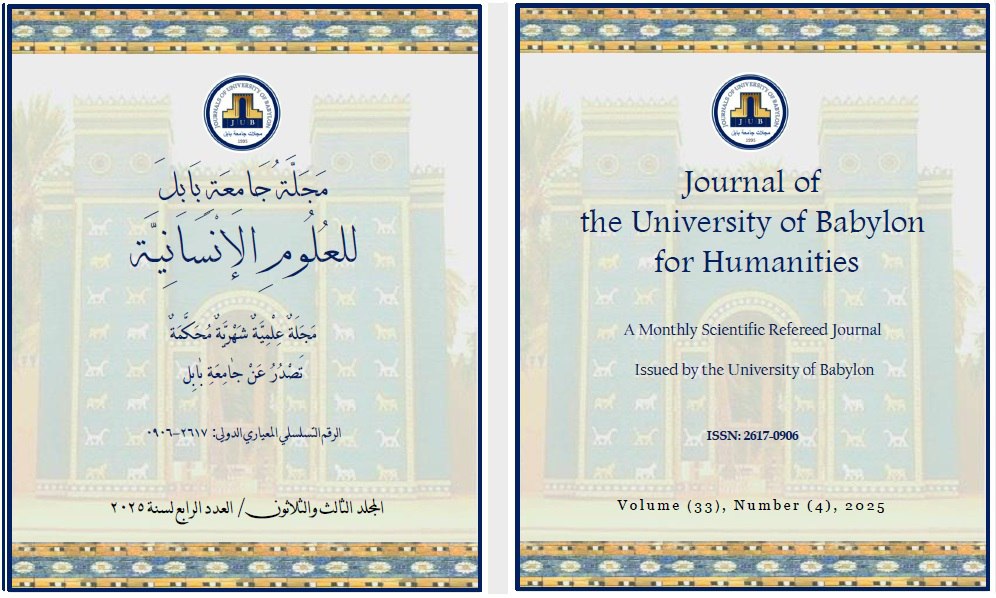Lamentation for the Dead in the Islamic Tradition, a Selection from the Book “Muhammad's Grave, Death Rites and the making of Islamic Society” by Orientalist Leor Halevi: A Critical and Analytical Study
Main Article Content
Abstract
The purpose of this study is to learn about Islamic death rites and their impact on shaping Islamic society from the perspective of Canadian orientalist Leor Halevi. Halevi follows the historical development of these rites based on Islamic sources in this field, whether historical, literary, doctrinal, or modern, on funerals and death rites. This was considered a major challenge due to the many contradictions in this topic among the different Islamic sects, and this led him to learn the Arabic language, which he claimed he began over thirty years ago—and immersed himself in the study of historical and doctrinal Arabic texts to the extent that enabled him to analyze the historical records about the death of Fatimah, the daughter of Muhammad (peace be upon him and his family), and other Muslims in the first two centuries after the migration (Hijrah) in addition to his knowledge of doctrinal aspects of funerals. By studying Islamic death rites, Halevi wanted to investigate the differences between Islamic rites and Zoroastrianism, Judaism, and Christianity by looking at Islamic death rites. We selected one of death’s rites, Lamenting for the Dead, which received a great deal of attention and consideration from the Muslim jurists for its great impact on the social and political level., especially in Islamic cities that experienced revolutions and uprisings against authority. We analyzed these rites, which were dealt with by Leor Halevi in many paragraphs to cover the rites of lamentation in all its details. How were these rites observed before the Islamic era, and why were these rites violently rejected in the Islamic city- al-Kufa more than others. We also analyzed and criticized these opinions to get to the facts that are absent from this orientalist's knowledge, and the responses were derived from authentic Islamic historical, modern, and doctrinal sources.
Article Details

This work is licensed under a Creative Commons Attribution 4.0 International License.

